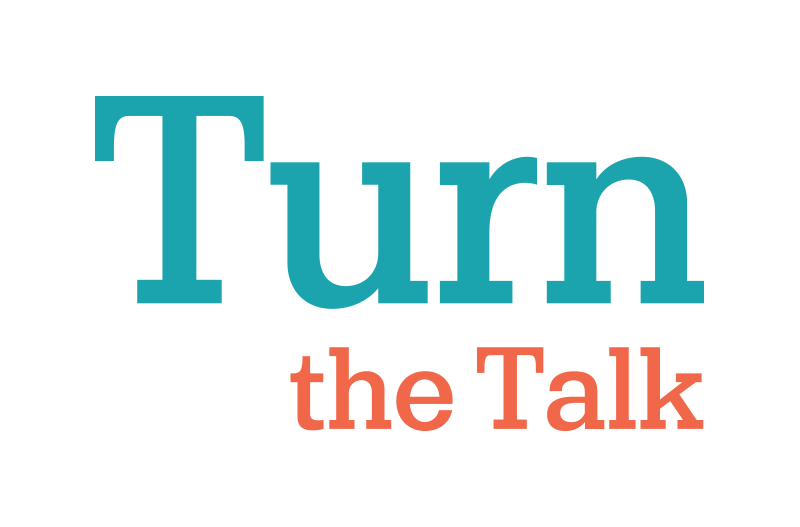Turning the Talk, to mute.
My mother always said “If you don’t have anything nice to say, don’t say anything at all”. She is a wonderfully matter of fact, grounded and practical person, but on this proverb I think she might actually be wrong.
In today’s world we do need to talk, even when the subject produces differing viewpoints which can be messy, controversial, complicated and emotionally charged.
There have been some life-changing issues on the world’s stage over the last few months, which have altered both society and the individual forevermore. No one has been unaffected by these. And so we’ve talked.
We’ve talked about Health.
We’ve talked about Personal Freedoms.
We’ve talked about Racism.
We’ve talked about Protest.
We’ve talked about Diversity.
We’ve talked about the Economy.
We’ve talked about The Future We Want, and The Future Which Might Be A Reality.
Talking is the primary form of communication that keeps us connected to one another. But Communication has been dramatically changed in a time when we are living more isolated personal and professional lives.
When we created the Turn the Talk project last year we had a clear ethos; to highlight and make change to aspects of our professional lives that we felt needed change. The issues Turn the Talk addresses will always ignite differing opinions. Even when we are all on the same side of ‘wanting change’, the way we may go about it is different. Reflecting on this ethos now we have an even bigger job to do, and will continue to do this, with the help and support of others.
But today I want to address something a bit more personal. The idea of muting for self-preservation.
I’ve found communication both exhausting and exhilarating these last few months. I’ve struggled with remote conversations on WhatsApp or Google Hangouts, with seeing only ‘the picture-worthy stuff’ from friends on Instagram, or the self-congratulatory posts from contacts and companies on LinkedIn.
Has anyone else found that being absorbed in too much communication has been, well, frankly just too much for them?
Of course, some of this communication has been useful, for instance I’m really missing the face to face networking and social interaction that the affiliate industry usually relishes. LinkedIn has helped me see what other companies and individuals have been working on during lockdown, even if I haven’t directly spoken to anyone from that company. But I’m also very aware that this type of passive communication is just a story. It isn’t real life.
I am missing seeing contacts that I may not do business with daily. Those are the refreshing interactions that you can’t facilitate via Zoom, because reaching out to someone that you may only speak to for twenty minutes a couple of times a year and asking if they’d like to Zoom is just, well, creepy.
And equally I’ve found myself falling into the trap that I’ve spent too much time looking at social media, watching the news or even talking to people. This has left me exhausted and overwhelmed.
(More free time + less face to face contact) x hyper-focussed conversations = emotionally exhausted
And now lockdown restrictions are easing and we are able to go out and see more people. Will that help? Or will it just plonk FOMO into the digital absorption anxiety mix?!
If Turn the Talk seeks to highlight and make change, please know that as a team of people that support this mission we know we can’t always just challenge the big. Sometimes we might challenge the seemingly small. And that’s why I wanted to write this post. Because if any of the above resonates with you here is a small, not-life transforming post with a few small, not life-transforming ideas about Turning the Talk to mute; for self-preservation.
1. Don’t look at social media too often
Starting with the obvious one, I’ve removed certain apps from my phone - even if temporarily - for respite from the habitual multi-screening and checking of social apps multiple times a day.
2. Mute people or organisations that make you miserable
If, every time you see an individual or company post, you feel negatively afterwards then use the mute function. They will never know. Take a proactive approach muting or unfollowing to curate your social media experience.
3. Never think your life is inadequate because of what you see on social media
There’s an awful lot of performative allying going on at the moment. Don’t feel pressured to use social media communication in the way that others choose to. You aren’t doing anything wrong in how you’re engaging with people (unless it makes YOU unhappy or anxious).
4. Have conversations to educate yourself and learn different people’s perspectives
We all have opinions on difficult and emotionally charged topics, and we learn by talking to others and hearing their thoughts. Structure these conversations to ensure they can be productive and not just an argumentative drain on time and emotion. Don’t try and argue your point over Whatsapp. It isn’t the forum that’s ever going to lead to healthy debate.
5. Ask people to stop talking
Consider where your limit is and when you need to stop a conversation. I’ve practiced moving the conversation on, and if a subtle approach fails I’ve become more bold and unembarrassed in saying that I’ve reached my limit for the day and asking to move the conversation on.
In lots of ways my mum is wrong to say that if you don’t have anything nice to say, don’t say anything at all. We do have to keep talking. We need to communicate to feel connected. But in another way she is very right. Sometimes we should proactively protect our personal wellbeing by knowing when it’s time to mute.
